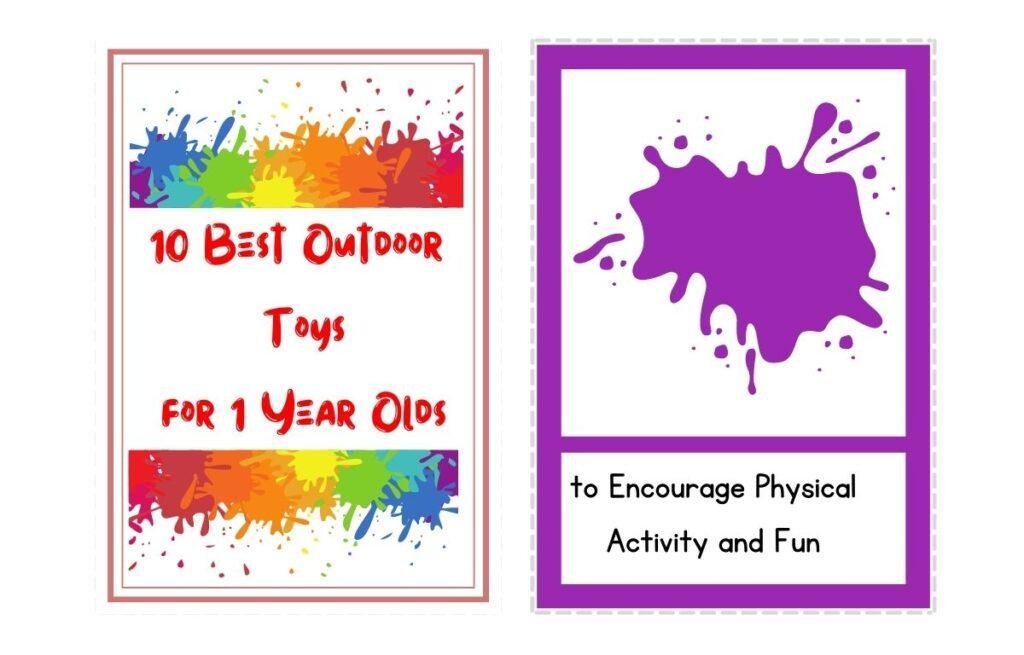
As parents, we are always curious about our child’s development and milestones.
The 18 month ASQ (Ages and Stages Questionnaire) is a powerful tool that helps us track our toddler’s progress in various areas of development.
In this comprehensive guide, we will explore what the 18 month ASQ entails, how to administer it, interpret the results, and address common concerns. Let’s dive in and discover how the 18 month ASQ can be an invaluable resource for parents like you.
18 Month ASQ: Understanding Your Toddler’s Development
The 18 month ASQ is a standardized questionnaire designed to assess a child’s development in key areas such as communication, fine motor skills, problem-solving, personal-social skills, and gross motor skills. By answering a series of questions about your child’s behavior and abilities, you can gain insights into their progress and identify potential areas that may need attention. Let’s explore the different domains evaluated by the 18 month ASQ.
Communication Skills: Nurturing Language Development

Communication is a vital aspect of your toddler’s growth. The 18 month ASQ includes questions that assess their ability to understand and express themselves verbally. It evaluates their vocabulary, comprehension, and early language skills. By tracking their progress in this domain, you can ensure their language development is on track.
Fine Motor Skills: Mastering Precise Movements
Fine motor skills refer to the coordination of small muscles, enabling your toddler to perform tasks like holding a spoon or scribbling with a crayon. The 18 month ASQ evaluates their ability to manipulate objects, stack blocks, and use their fingers dexterously. Monitoring these skills can help identify any potential delays or challenges.
Problem-Solving: Unleashing Creativity and Curiosity
Problem-solving abilities are crucial for cognitive development. The 18 month ASQ gauges your toddler’s curiosity, creativity, and problem-solving skills. It examines their ability to explore, imitate, and solve simple puzzles. Tracking this domain helps foster their intellectual growth and paves the way for future learning.
Personal-Social Skills: Navigating Social Interactions
Social interactions play a pivotal role in a child’s development. The 18 month ASQ focuses on assessing personal-social skills such as sharing, engaging in pretend play, and following simple instructions. Understanding how your toddler interacts with others and their emerging independence is key to promoting healthy social development.
Gross Motor Skills: Exploring the World Through Movement
Gross motor skills involve the coordination of large muscle groups and enable your toddler to move around independently. The 18 month ASQ evaluates their ability to walk, climb stairs, and throw a ball. Tracking gross motor skills ensures your child is developing the physical capabilities needed for exploration and play.
ASQ-3™ Learning Activities 1st Edition
Administering the 18 Month ASQ
Administering the 18 month ASQ is a straightforward process that can be done at home. It consists of a series of questions and activities that you will observe your child performing. Here’s a step-by-step guide on how to conduct the assessment:
- Set aside a quiet and comfortable space to complete the questionnaire.
- Read each question carefully and observe your child’s behavior.
- Note down the responses based on what you have witnessed.
- If you are unsure about a specific question, try to create a similar scenario to observe your child’s reaction.
- Complete the questionnaire honestly and to the best of your abilities.
- Once finished, review your answers and ensure you have accurately recorded your observations.
Interpreting the 18 Month ASQ Results

After completing the 18 month ASQ, you will receive a score report indicating your child’s performance in each domain. It is important to remember that the ASQ is not a definitive diagnosis but rather a tool that helps identify potential areas of concern. Here’s how to interpret the results:
1. Monitor for Age-Expected Skills: The ASQ provides a checklist of age-appropriate skills. If your child is performing tasks expected for their age, it indicates healthy development in that domain.
2. Watch for Delays: If your child demonstrates delays or difficulties in specific areas, it may be necessary to seek further evaluation or consult with a healthcare professional.
3. Seek Professional Guidance: If you have concerns about your child’s development based on the ASQ results, it is recommended to consult with a pediatrician or early childhood specialist for a comprehensive assessment.
Finding effective methods to unwind and alleviate anxiety is crucial in our modern, stress-filled lives>>>> 50 Best My Weighted Pals: A Companion for Health and Wellness
Frequently Asked Questions (FAQs)
What is the 18 month ASQ?
The 18 month ASQ is a questionnaire designed to assess a child’s development in key areas such as communication, fine motor skills, problem-solving, personal-social skills, and gross motor skills.
How can the 18 month ASQ benefit me as a parent?
The 18 month ASQ can provide valuable insights into your toddler’s development, helping you identify areas of strength and potential concerns that may require further attention.
Can I administer the 18 month ASQ at home?
Yes, the 18 month ASQ can be administered at home. It is designed to be completed by parents or caregivers who have regular interactions with the child.
What should I do if the 18 month ASQ indicates potential delays?
If the ASQ results suggest potential delays or areas of concern, it is advisable to consult with a healthcare professional or early childhood specialist for further evaluation and guidance.
Is the 18 month ASQ a diagnostic tool?
No, the 18 month ASQ is not a diagnostic tool. It is a screening tool that helps identify potential developmental concerns and guides further assessment if necessary.
How often should I use the 18 month ASQ?
The 18 month ASQ can be used periodically to track your child’s progress. It is recommended to consult the ASQ questionnaire for specific guidelines on timing and frequency.
Conclusion
The 18 month ASQ is a valuable resource for parents seeking to track their toddler’s development.
By assessing various domains such as communication, fine motor skills, problem-solving, personal-social skills, and gross motor skills, the ASQ provides insights into your child’s progress.
Remember, the ASQ is not a diagnostic tool, but it can guide you in identifying potential areas that may require further attention or evaluation.
Embrace the opportunity to support your child’s growth and seek professional guidance when needed.





